Blog
Helen Folasade Adu CBE (Yoruba: Fọláṣadé Adú [fɔ̄láʃādé ādú]; born 16 January 1959), known professionally as Sade Adu or simply Sade (/ʃɑːˈdeɪ/shah-DAY), is a Nigerian-born British singer, songwriter, and actress, known as the lead singer of her eponymous band. One of the most successful British female artists in history, she is often recognised as an influence on contemporary music. Her influence on music was recognised in the UK with an award of the Officer of the Order of the British Empire in 2002, and was made Commander in the 2017 Birthday Honours.
Sade was born in Ibadan, Nigeria, and brought up partly in Essex, England, from the age of four. She studied at Saint Martin’s School of Art in London and gained modest recognition as a fashion designer and part-time model, prior to joining the band Pride in the early 1980s. After gaining attention as a performer, she formed the band Sade, and secured a recording contract with Epic Records in 1983. A year later the band released the album Diamond Life, which became one of the best-selling albums of the era, and the best-selling debut by a British female vocalist. In July 1985, Sade was among the performers at the Live Aid charity concert at Wembley Stadium, and the following year she appeared in the film Absolute Beginners. Following the band’s third and fourth albums, Stronger Than Pride (1988) and Love Deluxe (1992), they went on hiatus after the birth of Sade’s child, while the singer experienced widespread media coverage for unsubstantiated claims of mental health and addiction problems.
After a spell of eight years without an album, the band reunited in 1999, and released Lovers Rock in 2000. The album departed from the jazz-inspired inflections of their previous work, featuring mellower sounds and pop compositions. The band then underwent another hiatus, not producing music for another ten years until the release of Soldier of Love. Following that album’s release, the band entered a third period of extended hiatus, and have only released two songs (“Flower of the Universe” for the soundtrack of Disney‘s A Wrinkle in Time, and “The Big Unknown” as part of the soundtrack for Steve McQueen‘s film Widows) since.
more...
Aldo Romano (born 16 January 1941) is an Italian jazz drummer. He also founded a rock group in 1971.
He was born in Belluno, Italy. Romano moved to France as a child and by the 1950s he was playing guitar and drums professionally in Paris, but he first gained attention when he started working with Don Cherry in 1963. He recorded with Steve Lacy, and would go on to tour with Dexter Gordonamong others. In the 1970s, he moved into rock-influenced forms of jazz fusion and, in 1978, made his first album as a leader. In the 1980s, he returned to his earlier style for several albums. Although he has lived most of his life in France, he has retained an affection for Italy and has set up a quartet of Italian jazz musicians. Romano also played a role in starting the career of French-born Italian-French pianist, Michel Petrucciani. In 2004 he won the Jazzpar Prize.
more...Barbara Lynn (born Barbara Lynn Ozen, later Barbara Lynn Cumby, January 16, 1942) is an American rhythm and blues and electric blues guitarist, singer and songwriter. She is best known for her R&B chart-topping hit, “You’ll Lose a Good Thing” (1962). In 2018, Lynn received a National Heritage Fellowship.
She was born in Beaumont, Texas, and attended Hebert High School. She played piano as a child, but switched to guitar, which she plays left-handed. Inspired by blues artists Guitar Slim and Jimmy Reed, and pop acts Elvis Presley and Brenda Lee, and winning several local talent shows, she created an all-female band, Bobbie Lynn and Her Idols.
She began performing in local clubs in Texas. Singer Joe Barry saw her and introduced Lynn to producer Huey P. Meaux, who ran SugarHill Recording Studios and several record labels in New Orleans. Her first single, “You’ll Lose A Good Thing”, written by her, was recorded at Cosimo Matassa‘s J&M studio with session musicians including Mac Rebennack (Dr. John). Released by Jamie Records, it was a number 1 US BillboardR&B chart hit and Top 10 Billboard Hot 100 hit in 1962. The song was later recorded by Aretha Franklin and became a country hit record for Freddy Fender. Reggae artist Mikey Dread also based the melody of his 1989 single “Choose Me” on this song. Lynn also released an album, also titled You’ll Lose A Good Thing, which featured ten of her compositions.
more...Henry Bertholf “Spike” Robinson (January 16, 1930 – October 29, 2001) was a jazz tenor saxophonist. He began playing at age twelve, recording on several labels, including Discovery, Hep and Concord. However, he sought an engineering degree and followed that profession for nearly 30 years. In 1981 he returned to recording music.
Robinson was born in Kenosha, Wisconsin on January 16, 1930. Beginning on alto saxophone in his early years, Robinson soon discovered that it was hard to make a living playing the kind of music he wanted to play.
more...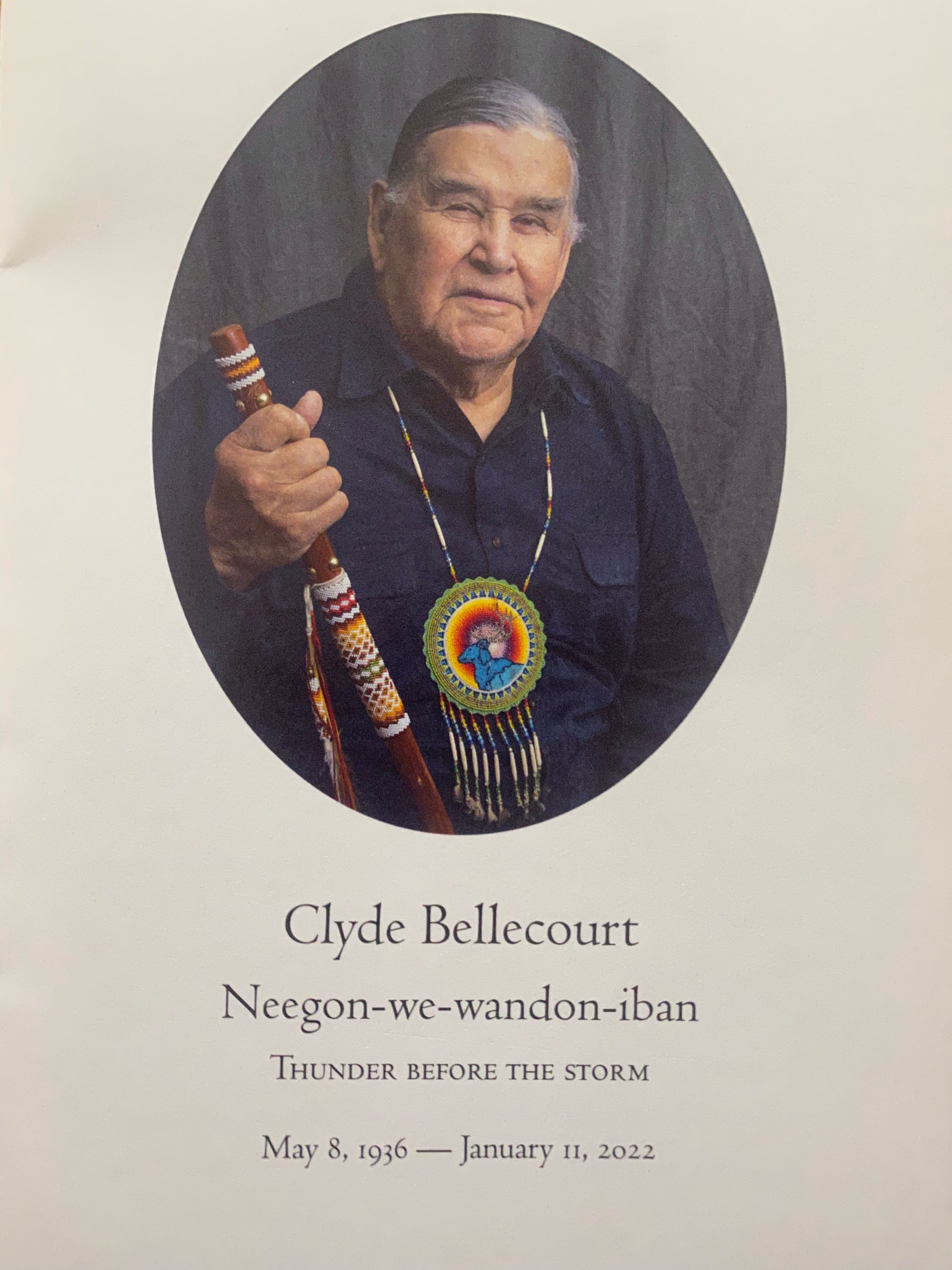
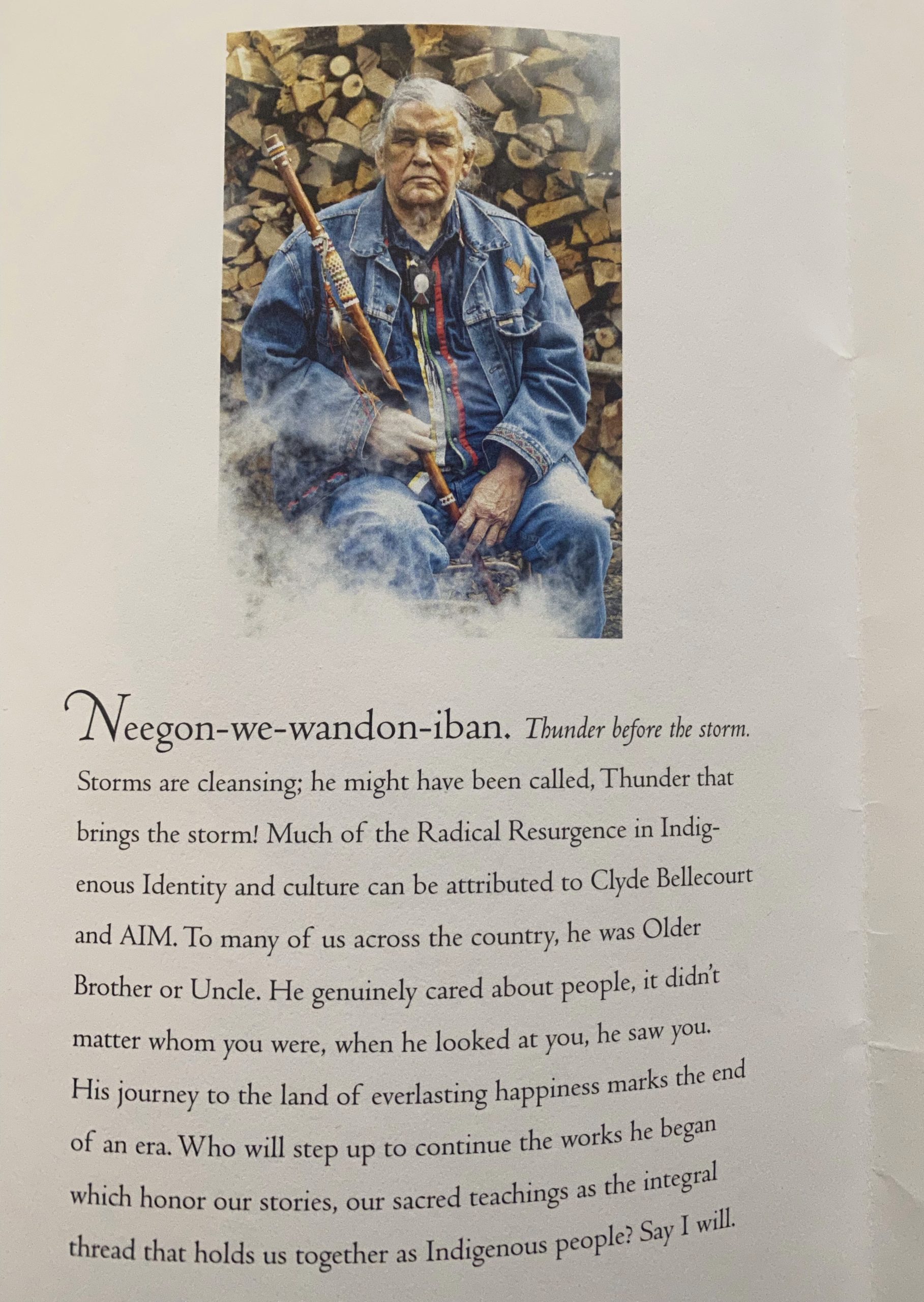
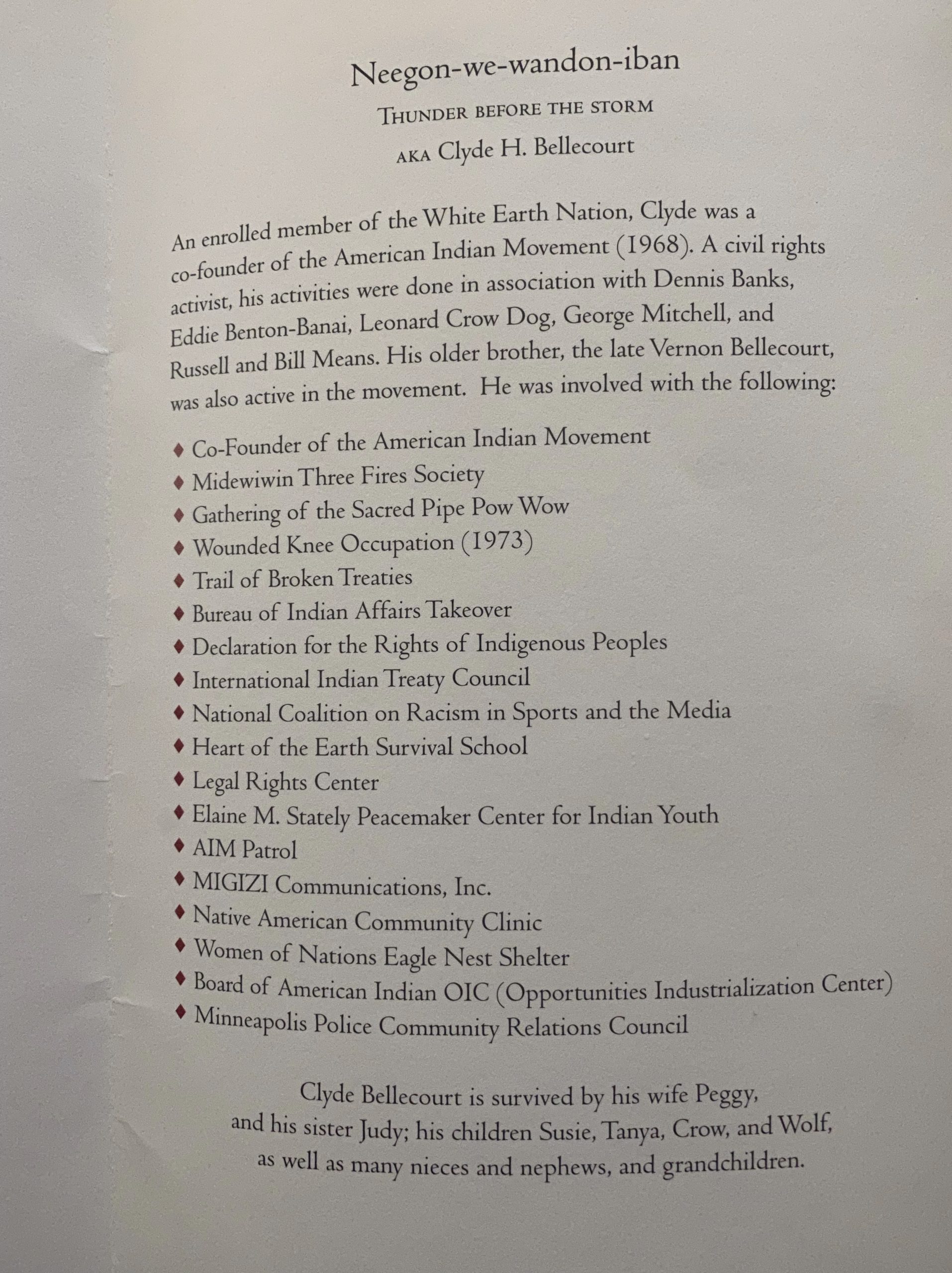
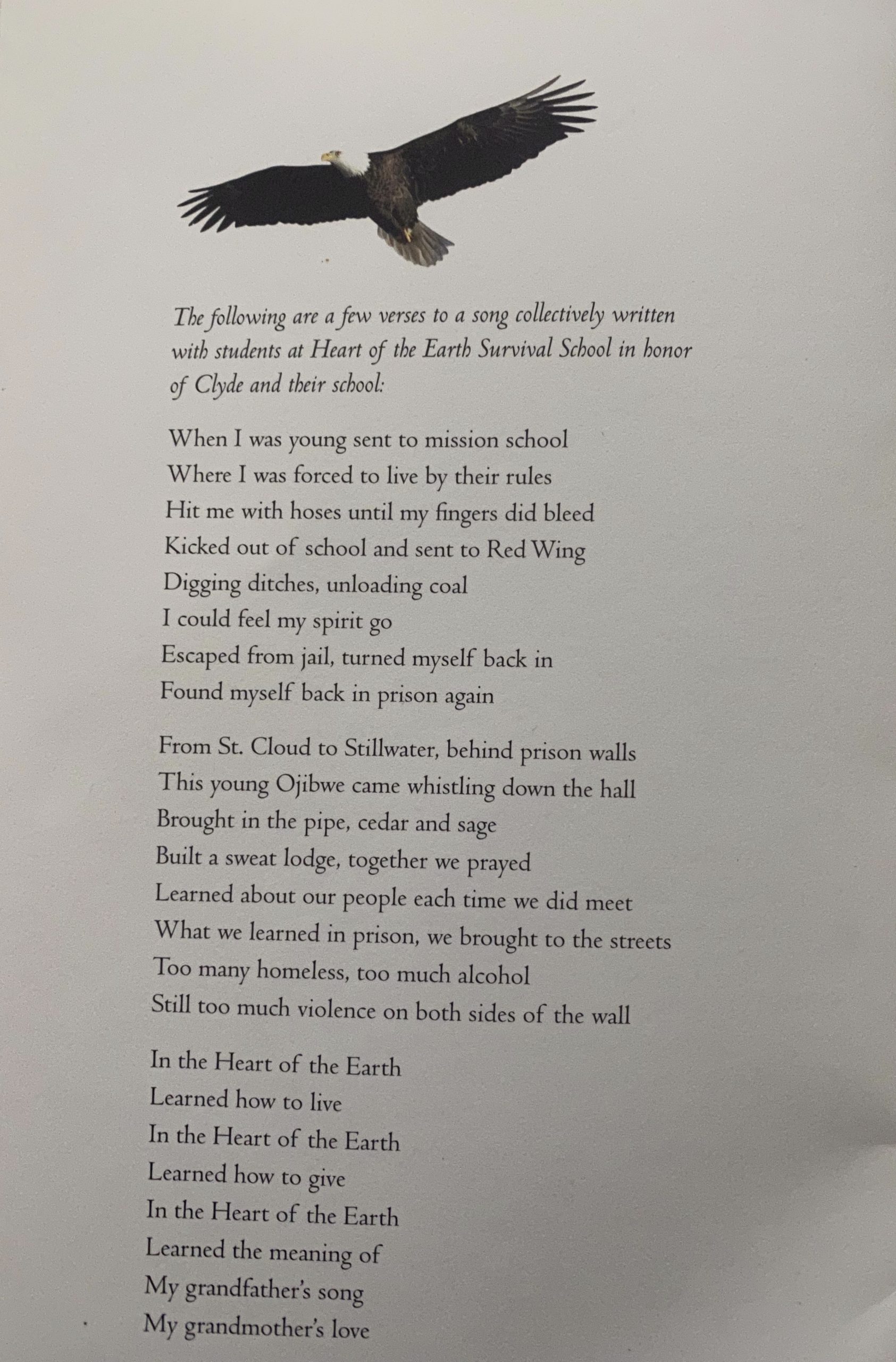
NGC4826, also known as the Evil Eye or Black Eye galaxy, is a spiral galaxy about 17 million light years away from Earth. The gas in the inner part of the galaxy rotates in one direction, while the gas further away from the center rotates in the opposite direction, an odd trait for a galaxy. One theory suggests this is because Evil Eye is the result of two galaxies colliding. The dark, almost fluffy-looking gas that wraps its way throughout gives it an almost ominous appearance; hence, the name.
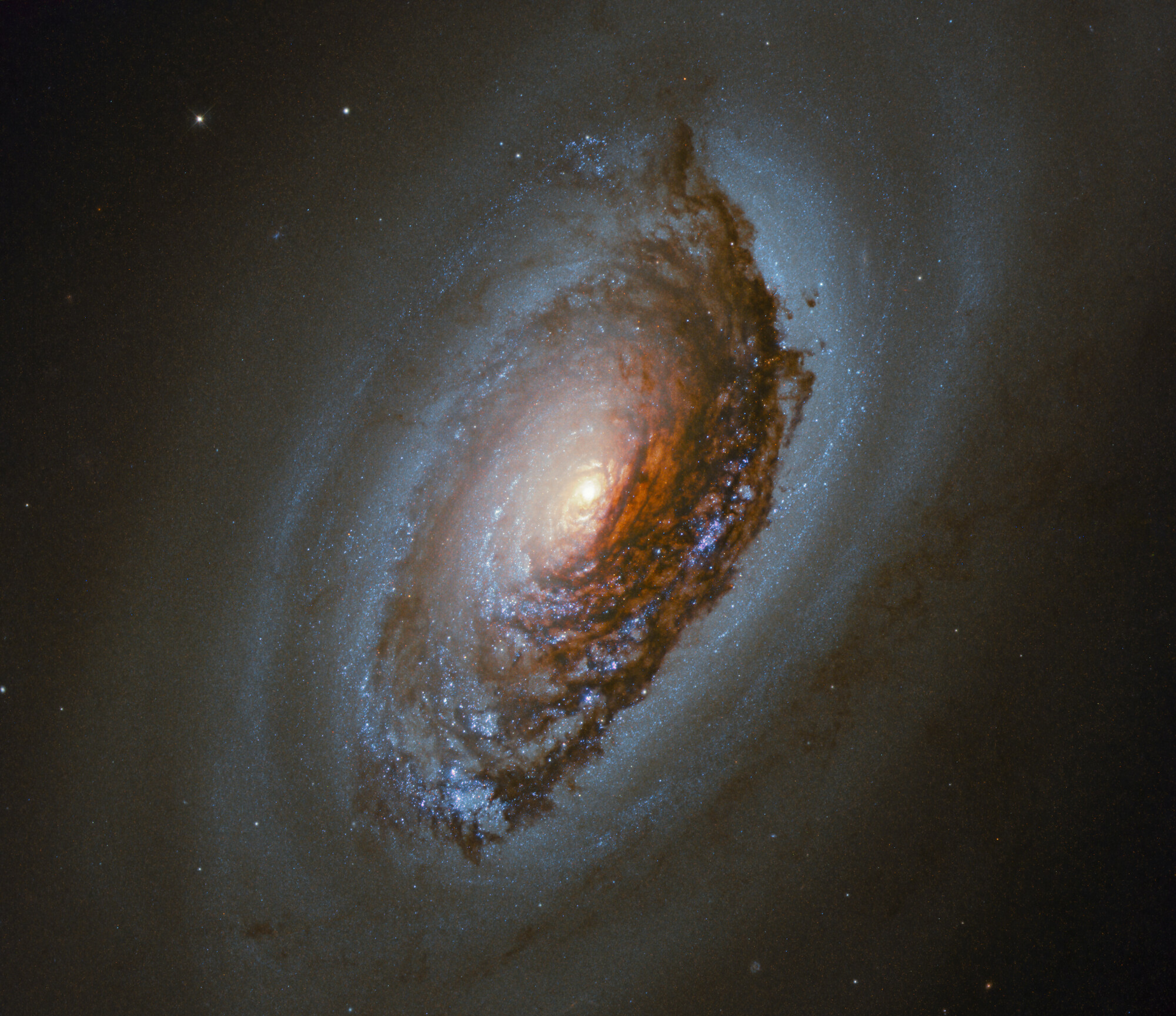
Thelma Carpenter (January 15, 1922 – May 14, 1997) was an American jazz singer and actress, best known as “Miss One”, the Good Witch of the North in the movie The Wiz. She was born in Brooklyn, New York, the only child of Fred and Mary Carpenter, and attended Girls’ Commercial High School, where Susan Hayward was a few years ahead.
As a child performer, Carpenter had her own radio show on WNYC in New York and won an amateur night at the Apollo Theatre in 1938, where she would be honored and perform nearly 60 years later on the 1993 all-star NBC-TV special Apollo Theater Hall of Fame, hosted by Bill Cosby. She played such clubs as Kelly’s Stables and the Famous Door on legendary 52nd Street, where she was discovered by John Hammond.
https://www.youtube.com/watch?v=9AVCZHZw8e8
more...Earl Zebedee Hooker (January 15, 1930 – April 21, 1970) was a Chicago blues guitarist known for his slide guitar playing. Considered a “musician’s musician”, he performed with blues artists such as Sonny Boy Williamson II, Junior Wells, and John Lee Hooker and fronted his own bands. An early player of the electric guitar, Hooker was influenced by the modern urban styles of T-Bone Walker and Robert Nighthawk. He recorded several singles and albums as a bandleader and with other well-known artists. His “Blue Guitar”, a slide guitar instrumental single, was popular in the Chicago area and was later overdubbed with vocals by Muddy Waters as “You Shook Me“.
In the late 1960s, Hooker began performing on the college and concert circuit and had several recording contracts. Just as his career was on an upswing, he died in 1970, at age 40, after a lifelong struggle with tuberculosis. His guitar playing has been acknowledged by many of his peers, including B.B. King, who commented, “to me he is the best of modern guitarists. Period. With the slide he was the best. It was nobody else like him, he was just one of a kind”.
Hooker was born in rural Quitman County, Mississippi, outside of Clarksdale. In 1930, his parents moved the family to Chicago, during the Great Migration of blacks out of the rural South in the early 20th century.
https://www.youtube.com/watch?v=AwJspTv1oNs
more...Eugene Bertram Krupa (January 15, 1909 – October 16, 1973) was an American jazz drummer, bandleader and composer known for his energetic style and showmanship. His drum solo on Benny Goodman‘s 1937 recording of “Sing, Sing, Sing” elevated the role of the drummer from an accompanying line to an important solo voice in the band.
In collaboration with the Slingerland drum and Zildjian cymbal manufacturers, he was a major force in defining the standard band drummer’s kit. Krupa is considered “the founding father of the modern drumset” by Modern Drummer magazine.
The youngest of Anna (née Oslowski) and Bartłomiej Krupa’s nine children, Gene Krupa was born in Chicago, Illinois, United States. Bartłomiej was an immigrant from Poland born in the village of Łęki Górne, Podkarpackie in Southeastern Poland. Anna was born in Shamokin, Pennsylvania, and was also of Polish descent. His parents were Roman Catholics who groomed him for the priesthood. He spent his grammar school days at parochial schools. He attended the James H. Bowen High School on Chicago’s southeast side. After graduation he attended Saint Joseph’s College for a year but decided the priesthood was not his vocation.
https://www.youtube.com/watch?v=lapj4VEPGo0
more...Roosevelt Holts was born in 1905 near the town of Tylertown in the state of Mississippi . In the 1930s, Roosevelt Holts played a little amateur guitar; his meeting with Tommy Johnsonwill change his life. Tommy Johnson is then married to Rosa Yongblood, cousin of Holts. Johnson and Holts get to know each other and Johnson teaches Holts the blues. When Johnson and his wife left Tylertown around 1937 to live in Jackson , the state capital, Roosevelt Holts followed them. He and Tommy are going to perform together in the city and those around it. After a year, Roosevelt returns to his hometown where he regularly performs. He learned the bottleneck technique from CP Martinand plays in the cities of the Delta ; at that time, he was sentenced to four years’ imprisonment. Released, he moved to Bogalusa , Louisiana , where he found employment at a paper mill. A work accident made him handicapped and prevented him from carrying any heavy load . He then worked as a farmer and hardly played until he was discovered by researcher David Evans who recorded him for the first time in 1968. A few records and a few tours in the United States followed in the 1970s. Age makes him leave the studios and he dies onin the city of Franklinton .
more...Performing at Mount Zion Temple Friday January 14th 2022 630pm
more...An island universe of billions of stars, NGC 1566 lies about 60 million light-years away in the southern constellation Dorado. Popularly known as the Spanish Dancer galaxy, it’s seen face-on from our Milky Way perspective. A gorgeous grand design spiral, this galaxy’s two graceful spiral arms span over 100,000 light-years, traced by bright blue star clusters, pinkish starforming regions, and swirling cosmic dust lanes. NGC 1566’s flaring center makes the spiral one of the closest and brightest Seyfert galaxies. It likely houses a central supermassive black hole wreaking havoc on surrounding stars, gas, and dust. In this sharp southern galaxy portrait, the spiky stars lie well within the Milky Way.
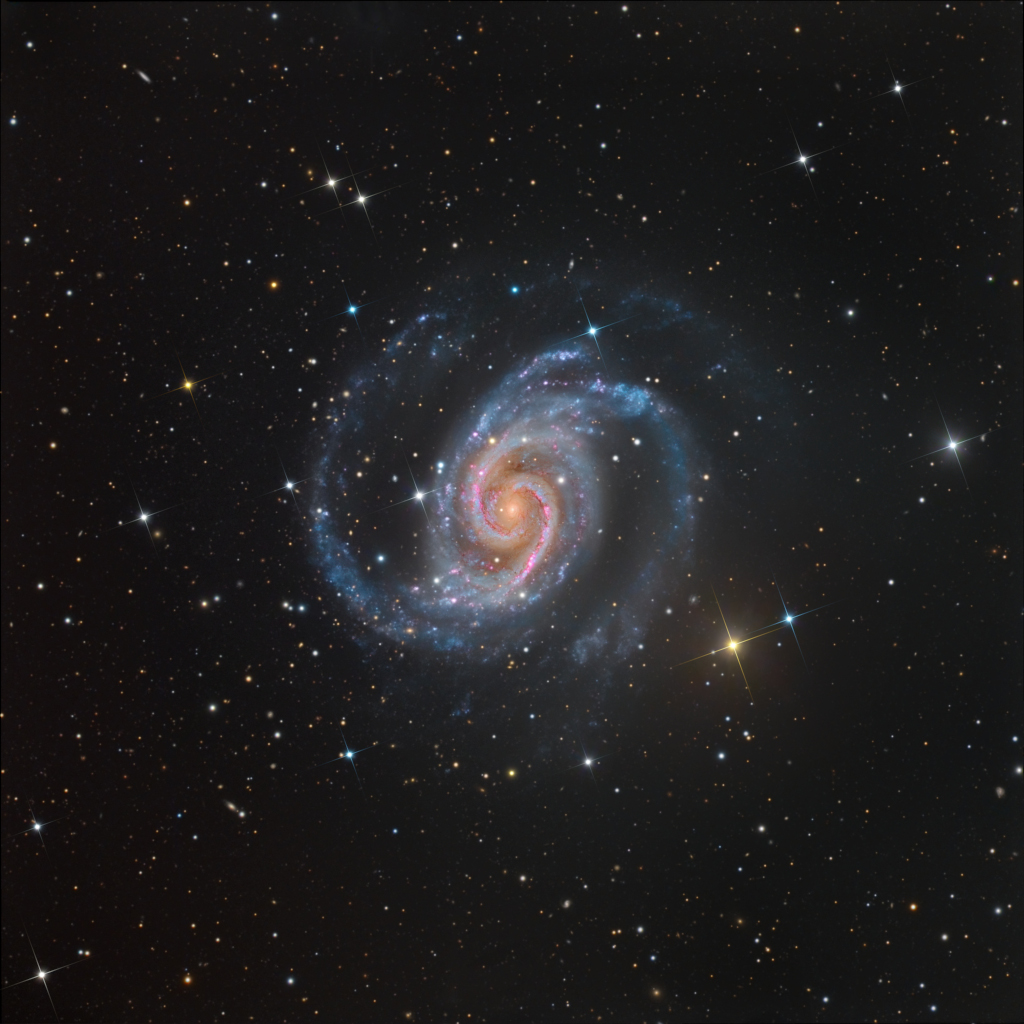
Steve Jordan (born January 14, 1957) is an American musical director, producer, songwriter, and musician. During the 1970s and 1980s, he was a member of the bands for the television shows Saturday Night Live and Late Night with David Letterman.
In the early 1980s, Jordan was a member of the band “Eye Witness“, along with Anthony Jackson on bass, and Manolo Badrena on percussion. Since the mid 1980s, Jordan has also been a member of the X-Pensive Winos, the side project of Rolling Stones guitarist Keith Richards. Jordan and Richards have been production and songwriting partners on many of Richards’s solo works. In 2005, he became a member of the John Mayer Trio.Jordan also formed the band “The Verbs”, which he fronts, with his wife Meegan Voss. In August 2021, Jordan replaced the Rolling Stones drummer Charlie Watts.
Jordan attended New York City’s High School of Music and Art, graduating in 1974.
Jordan was a teenager when he became an honorary member of Stevie Wonder’s band “WonderLove“. He also was a substitute drummer in the band “Stuff” in 1976 and played with Joe Cockeron his American tour. Later, he played drums for the Saturday Night Live band in the 1970s. When John Belushi and Dan Aykroyd toured as The Blues Brothers in the late 1970s, Jordan was their drummer, and recorded on their resulting albums, credited as Steve “Getdwa” Jordan. He did not, however, appear in the movie of the same name. Jordan also played in the New York “24th Street Band” with Will Lee, Clifford Carter, and Hiram Bullock which later became Paul Shaffer and the World’s Most Dangerous Band, which played on Late Night with David Letterman from 1982 to 1986.
more...Allen Richard Toussaint (/ˈtuːsɑːnt/; January 14, 1938 – November 10, 2015) was an American musician, songwriter, arranger and record producer, who was an influential figure in New Orleans rhythm and blues from the 1950s to the end of the century, described as “one of popular music’s great backroom figures”. Many musicians recorded Toussaint’s compositions, including “Whipped Cream“, “Java“, “Mother-in-Law“, “I Like It Like That“, “Fortune Teller“, “Ride Your Pony“, “Get Out of My Life, Woman“, “Working in the Coal Mine“, “Everything I Do Gonna Be Funky”, “Freedom For the Stallion”, “Here Come the Girls“, “Yes We Can Can“, “Play Something Sweet“, and “Southern Nights“. He was a producer for hundreds of recordings, among the best known of which are “Right Place, Wrong Time“, by his longtime friend Dr. John, and “Lady Marmalade” by Labelle.
The youngest of three children, Toussaint was born in 1938 in New Orleans and grew up in a shotgun house in the Gert Town neighborhood, where his mother, Naomi Neville (whose name he later adopted pseudonymously for some of his works), welcomed and fed all manner of musicians as they practiced and recorded with her son. His father, Clarence, worked on the railway and played trumpet. Allen Toussaint learned piano as a child and took informal music lessons from an elderly neighbor, Ernest Pinn. In his teens he played in a band, the Flamingos, with the guitarist Snooks Eaglin, before dropping out of school. A significant early influence on Toussaint was the syncopated “second-line” piano style of Professor Longhair.
more...Clarence George Carter (born January 14, 1936) is an American blues and soul singer, songwriter, musician and record producer. His most successful songs include “Slip Away“, “Back Door Santa” (both released 1968), “Patches” (1970) and “Strokin” (1986).
Born blind in Montgomery, Alabama on January 14, 1936, Carter attended the Alabama School for the Blind in Talladega, Alabama, and Alabama State College in Montgomery, graduating in August 1960 with a Bachelor of Science degree in music. His professional music career began with friend Calvin Scott, signing to the Fairlane label to release “I Wanna Dance But I Don’t Know How”, as Clarence & Calvin, the following year. After the 1962 release of “I Don’t Know (School Girl),” the pair joined Duke Records, renaming themselves the C & C Boys and releasing four singles for the label, though none were commercially successful. In 1965 the duo recorded “Step by Step” at Rick Hall‘s FAME Studios in Muscle Shoals; it was released on the Atlantic Records‘ subsidiary Atco label, but it also failed to chart.
more...Grady Tate (January 14, 1932 – October 8, 2017)[1] was an American jazz and soul-jazz drummer and baritone vocalist. In addition to his work as sideman, Tate released many albums as leader and lent his voice to songs in the animated Schoolhouse Rock! series.
Tate was born in Hayti, Durham, North Carolina, United States. In 1963 he moved to New York City, where he became the drummer in Quincy Jones‘s band.
Grady Tate’s drumming helped to define a particular hard bop, soul jazz and organ trio sound during the mid-1960s and beyond. His slick, layered and intense sound is instantly recognizable for its understated style in which he integrates his trademark subtle nuances with sharp, crisp “on top of the beat” timing (in comparison to playing slightly before, or slightly after the beat). The Grady Tate sound can be heard prominently on many of the classic Jimmy Smith and Wes Montgomery albums recorded on the Verve label in the 1960s.
During the 1970s he was a member of the New York Jazz Quartet. In 1981 he played drums and percussion for Simon and Garfunkel’s Concert in Central Park.
more...More Posts
- Paddy Clancy
- Alcide Pavageau
- Maurice Ravel
- Flamenco Fridays Camarón
- Daily Roots King Tubby & the Aggrovators
- Furry Lewis
- Cosmo M94
- Flora Purim
- Howard McGhee
- Wes Montgomery
- World Music Sona Jabarteh
- Daily Roots Wittys Allstars
- Wilbur Little
- Cosmo M45, IC 348, NGC 1499, LBN 777
- Heitor Villa-Lobos
- J.B. Lenoir
- Lou Levy
- World Music LADANIVA
- Daily Roots-Roots Radics
- Miracles Happen